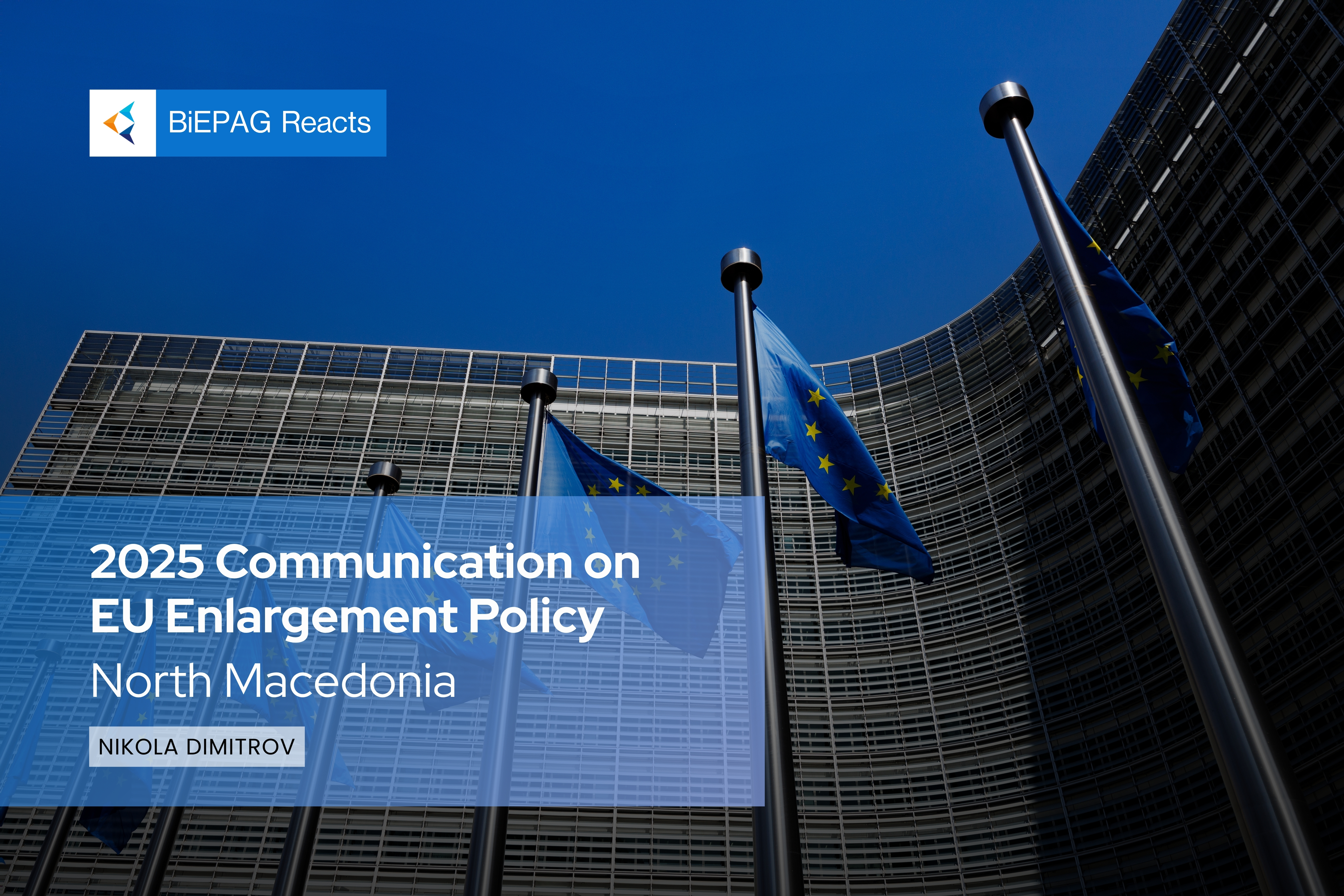

North Macedonia, a veteran EU candidate country second only to Turkey, remains stalled. As we predicted back in July 2022, the saga continues, illustrating the dangers of importing bilateral disputes over history and identity into a process meant to focus on democratic and economic reforms. Three and a half years later, progress is still blocked: the VMRO-DPMNE–led government refuses to adopt the necessary constitutional changes to recognize its ethnic Bulgarian population without guarantees that this will be the final demand from neighboring Bulgaria. Such concerns are justified, as Bulgarian officials publicly insist that the constitutional amendments are “only the first step,” alluding to a series of additional bilateral demands they seek to integrate into North Macedonia’s negotiating framework. Skopje, in turn, seeks reciprocity, calling on Bulgaria to implement two dozen European Court of Human Rights judgments affirming the freedom of assembly for Macedonians in Bulgaria.
The stalemate has created a lose-lose dynamic, harming all parties involved. For Macedonian citizens, Bulgaria is widely perceived as the country’s biggest threat, and the gap between the two nations has never been wider. Tensions were further inflamed in July, when Bulgarian political leaders across the spectrum proudly celebrated the removal of references to Macedonian identity and language from a European Parliament report — a deeply troubling move that only deepened the sense of grievance in Skopje.
The EU’s leverage in North Macedonia is rapidly eroding. Only 40% of citizens believe the EU is serious about enlargement. Even if North Macedonia were to exceed the most optimistic reform scenarios, progress would remain blocked without the adoption of the required constitutional changes. Worse, the country’s path to EU membership is shrouded in uncertainty, with the looming threat of additional vetoes hanging over it like the sword of Damocles.
While this is by no means an excuse—good performance would both benefit Macedonian citizens and strengthen the country’s case in Brussels—it is hardly surprising that the EC report rarely cites “good progress.” Such progress is noted only in the Customs Union (Chapter 29), Free Movement of Capital (Chapter 4), and Foreign, Security, and Defence Policy (Chapter 31). By contrast, North Macedonia has made no progress in the Judiciary and Fundamental Rights (Chapter 23), Fight against Corruption, or Free Movement of Goods (Chapter 1), with only limited progress in Public Administration Reform and Justice, Freedom, and Security (Chapter 24).
If EU enlargement is indeed a “geopolitical imperative,” a breakthrough is not unthinkable—but achieving it will require courage and leadership—not only in Skopje, but also in Sofia and within the EU itself.